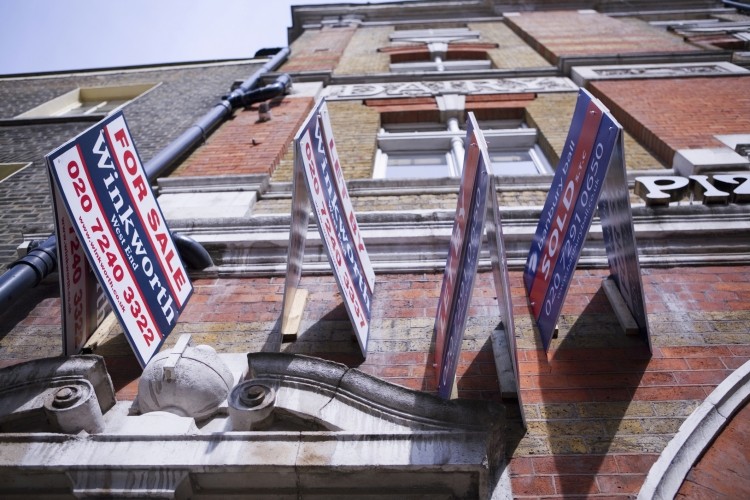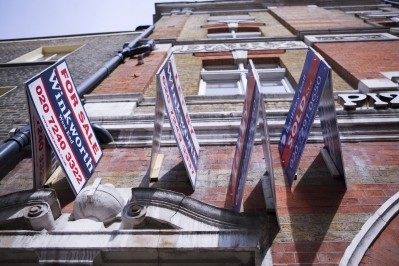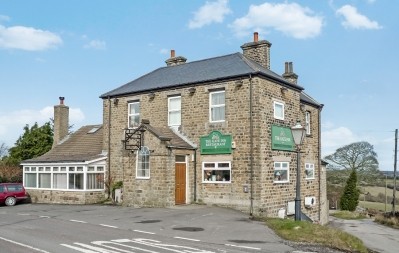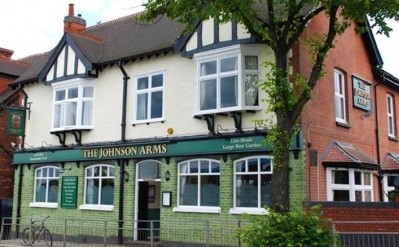2017 predictions
2017 predictions: Leading pub property agents forecast continued high demand

Kevin Marsh, director of licensed leisure at Savills
The challenge for anyone who wants to buy is to try and find something that's available.
The coming year in the property market will be defined by whether merger acquisition activity or the rationalisation of some estates brings a sufficient number of opportunities for aspiring pub companies and multiple operators to be able to pick and choose some new sites to buy.
From 2008 through to 2013/14, lots of pubs came to market because of the stretched state of some pub companies. That no longer applies and there are relatively few distressed sales in the market from the big pub companies. The sales that are coming about are largely because selling operators no longer believe the assets in question fit their brand requirements or they are looking to upgrade the quality of their estates.
The one thing that has been a constant throughout is that a lot of the bigger pub companies are not willing to compromise on location and I don't see that changing. If a site doesn't exist in a prime location, they won't necessarily look elsewhere.
The small multiples and individual entrepreneurs might believe they can establish a destination business, but I don't see the bigger pub companies doing that. Instead we will see them converting other commercial buildings in urban areas; we may well go back to the conversion of banks and retail spaces into pubs where there is a market for them on the high street.
Paul Davey – managing director at Davey Co
I believe the pub trade will continue overall much the same in 2017 as it did in 2016. Last year operators successfully traded through a fiercely-fought, lengthy and highly negative eu referendum campaign. Despite the fact none of the dire predictions came to pass last year, the effect of the threat was to prove challenging for the operational environment and to stifle licensed property market activity.
Operators will face different challenges resulting from the economic backdrop that will condition the trading environment in 2017, ranging from the global effects of the Trump Presidency, French, German and Dutch general elections and the initiation of formal Brexit negotiations, but the resilience of this sector will continue to shine through. In large part this is due to significant improvements in general operational standards, which came as a result of the highly challenging trading conditions experienced during the recession when operators raised their game significantly.
The roll-out of the Pubs Code and market-rent-only (MRO) option will continue to affect the pub market, perhaps most significantly the entry level segment, with previously tied-lease houses converting to tenancies and more and more free-of-tie leases being created as a result of the MRO implementation.
Essentially 2017 will prove yet another challenging year for the trade due primarily to potentially difficult economic conditions. However, I do strongly feel the trade will continue to rise successfully to those challenges.
I see significant further growth in the number of highly competent, small-scale multiple operators continuing to thrive through the acquisition of more sites. On top of this, although the number of first-time entrants to the trade will continue to decline, 2017 should see an increase in experienced employed or tenant operators taking the plunge and committing to their first business purchase.
I believe the average length of ownership of a pub will continue to hold at between three and five years, meaning the sector will continue to retain and develop operational competencies. The result will be a constantly improving customer experience to ensure the trade’s future as a key feature of the UK culture and economy.
Ed Sandall, divisional director at Fleurets
There has never been a better time to sell a good quality pub asset, due to unprecedented demand from a multifaceted buyer profile and a genuine scarcity of quality stock in the market.
At the apex of those seeking to expand their estates are the family brewers - Young's, Fuller's and McMullen's - all of which have gone through the process of investing in their estates in more fallow times and are reaping the benefits in continued like-for-like growth, resulting in an increased acquisition pot. While these operatives are highly selective, they all desire to grow their estates. The lack of sites in their core heartland of London and the south-east can be illustrated by Young's last couple of acquisitions being sites in the Cotswolds, on the edge of their geography.
Beneath the family brewers is a myriad of small embryonic pub companies, such as City Pub Company, BrewHouse and Kitchen, Redcomb, Cirrus Inns, Pearmain, Three Cheers as well as Oakman Inns, to name a few. These operators are well capitalised, have supportive banks and young energetic management teams that are hell-bent on growth through their existing sites or new acquisitions. There is palpable sense of frustration among this group of operators, many of which are now seeking non-pub sites and accepting some planning and licensing risk and a longer gestation period to secure sites in key locations or widening their geographical search areas.
So what will be the impact of such a strong demand side to the pub equation? I see values at the very least holding firm, if not improving, and the continued trend of operators seeking good-quality sites in perceived secondary locations and a move into the regions. This is certainly a trend we have seen at Fleurets, with increased enquiries and transnational activity in our six regional offices with a growing proportion of our regional sales being for continued use as pubs and not sold for alternative use. This is a trend I think will continue long into 2017.
Stephen Taylor, managing director of Guy Simmonds
Despite the continued uncertainty relating to Brexit and other factors, the market in 2016 was still buoyant. In particular, the last quarter of 2016 was exceptional with both a rush of completions taking place before Christmas and a significant amount of businesses in the pipeline under offer at solicitors. These diverse sales range from a £20,000 pubco lease assignment up to a substantial private freehold selling for circa £3.5m.
The tied freehold lease at realistic rents and the private free-of-tie leased market is very strong for us, and I predict this should grow further over 2017 despite the forthcoming volatility of Brexit negotiations. Our speciality of marketing free-of-tie leases on behalf of our freehold retiring publican clients and entrepreneur investors should continue its excellent volume growth for us of circa 20% year on year.
If there is a shortage, it comes in quality licensed businesses - both freehold and leasehold - especially in village locations. These are the businesses that are most in demand from our purchasing clients at present.
It is certainly a good time to buy in 2017 since funding is relatively accessible and interest rates for borrowers remain at an almost all-time low. Similarly, it is an extremely opportune time to sell for vendors, providing, of course the business is profitable, with full accounts, correctly valued and marketed with a high-profile agent.







